Keywords: Stolen Generations
-
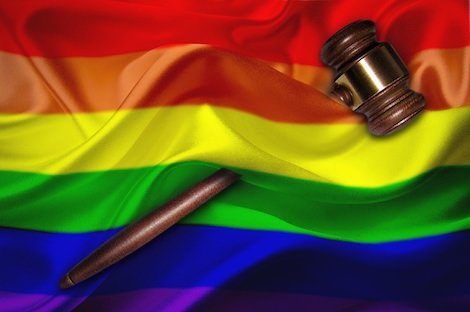
AUSTRALIA
- John Warhurst
- 16 August 2017
40 Comments
The same sex marriage postal plebiscite will be as intense as most referendum and election campaigns. Indeed, the special characteristics of this subject, advanced by the government as the reason for going beyond parliamentary means to resolve the issue, mean that the campaign may be more intense than most referendums have been.
READ MORE 
-

AUSTRALIA
- Celeste Liddle
- 28 July 2017
38 Comments
As the news came through that the man who had run down young Elijah Doughty in Kalgoorlie last year had escaped a manslaughter conviction and instead had been sentenced for three years for the charge of reckless driving causing death, I saw Aboriginal community members dissolve. Many expressed grief for Elijah's family and community. Others set about highlighting how there is rarely any justice in this system for Aboriginal people.
READ MORE 
-
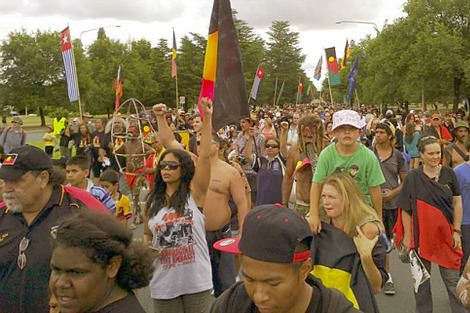
AUSTRALIA
- Celeste Liddle
- 23 January 2017
27 Comments
For many years I felt that by changing the date we might come to a more inclusive national celebration. However the past few years of Indigenous activism have left me cynical. The things we were fighting for decades ago are very similar to the things we're still fighting for. Australia has not acknowledged and rectified its history; rather it seems content to reinforce its amnesia. It's therefore unlikely I will be able to stop protesting this celebration, regardless of the day it's held upon.
READ MORE 
-
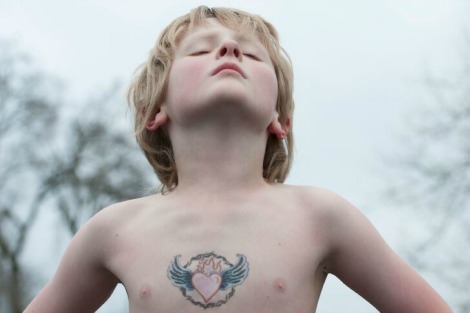
AUSTRALIA
- Ann Deslandes
- 06 December 2016
6 Comments
I'm a 36 year old white Australian who grew up middle class in suburban Adelaide. I can count on one hand the number of households in the streets I lived on which were always-already made up of a mum-dad-kids scenario. The research on children's attachment, development and resilience shows kids need meaningful, culturally appropriate relationships with caring and competent adults in order to thrive as human beings. These adults can be pretty much anyone as long as they fit that bill.
READ MORE 
-
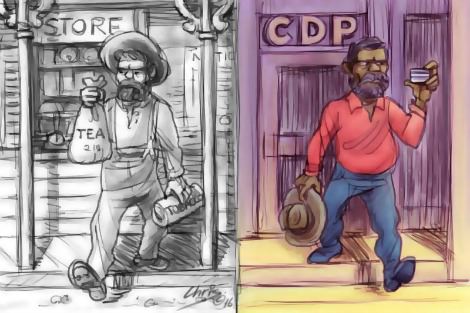
AUSTRALIA
- Celeste Liddle
- 02 December 2016
8 Comments
Indigenous workers of previous generations struggled and undertook strike actions so that their descendants would not be exploited and abused in the same way that they had been. While we may have many more Aboriginal people achieving and attracting higher waged work than we did in the years gone by, the exploitation of the most vulnerable in our community continues. The years may have ticked over, but the government's attitude to the value of Indigenous workers has not.
READ MORE
-
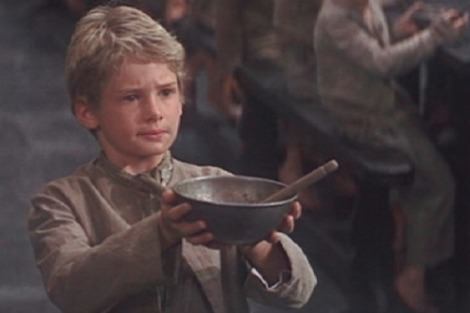
AUSTRALIA
- Kate Galloway
- 26 August 2016
15 Comments
Oliver Twist is still used to aid understanding of the trauma arising from poverty, and the suffering of children at the hands of individuals and within institutional settings. In broader Australian society we assume Dickensian attitudes to children have evolved. Aligned with the sentiments behind child protection, society's image of children and childhood is idyllic. Yet beneath this veneer lies a substratum of deeply ambivalent, even malevolent, attitudes towards children with a distinctly Dickensian flavour.
READ MORE 
-
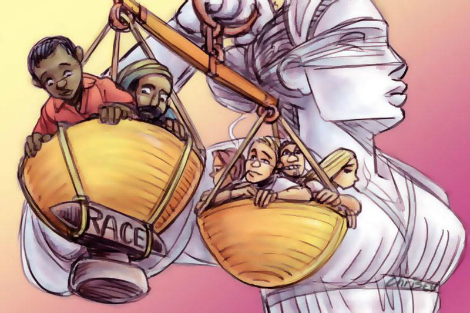
AUSTRALIA
- Ruby Hamad
- 30 November 2015
10 Comments
It is naive to equate racism with individual acts of bigotry. The current anti-Muslim and anti-Arab sentiment for instance goes deeper than sporadic attacks against individuals. Australian jobseekers with Middle-Eastern sounding surnames must submit up to 64 per cent more resumes than someone with an Anglo name in order to secure an interview. People may not actively engage in racist displays against Arabs, but that doesn't mean they are willing to spend time in close proximity to them.
READ MORE 
-
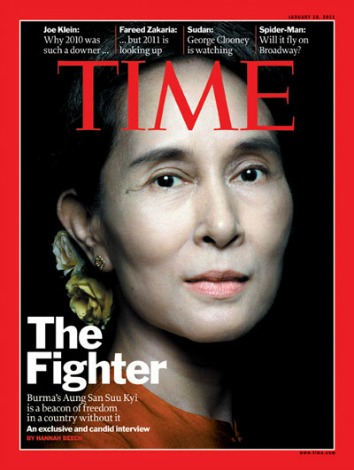
INTERNATIONAL
- Amal Aung Zaw
- 13 November 2015
5 Comments
The results resonate beyond the shores of Myanmar. The manner in which a fragile woman with the power of empty hands wrought a miracle, melting decades of totalitarian dominance, is the stuff of history. The world savours this moment as its own. This is the Gandhi moment, the Mandela moment of the 21st Century. In an era of ISIL killings and chronic violent wars in the middle east for 'democracy', a woman from the east has once again affirmed the moral superiority of non violence.
READ MORE 
-
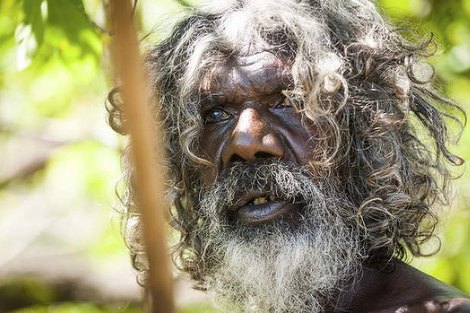
ARTS AND CULTURE
- Tim Kroenert
- 10 July 2014
2 Comments
Charlie is disempowered, but not powerless, not yet. He has quit smoking, and ritualistically burns cigarettes he bums from a younger man in the community. He'd prefer to hunt and forage rather than consume the 'whitefella junk' peddled at the local kiosk, though his emaciated body and persistent cough reveal that he has already suffered much from the 'poisons' introduced to Aboriginal culture since the arrival of Europeans.
READ MORE 
-

RELIGION
- Frank Brennan
- 27 May 2014
3 Comments
'Some of us would question Benedict's assertion that the Church "must not take upon herself the political battle to bring about the most just society possible. She cannot ... replace the State." But we would all agree that the Church "cannot and must not remain on the sidelines".' Frank Brennan's presentation at the Jesuit Social Services Symposium on 'The role of faith based community organisations in contributing to a civil society'.
READ MORE
-
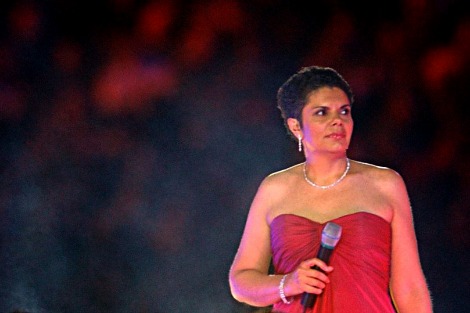
ARTS AND CULTURE
- Maureen O'Brien
- 12 March 2014
4 Comments
Soprano Deborah Cheetham was in her 30s when she was reunited with her birth mother. It was the beginning of her understanding of herself as a Yorta Yorta woman and member of the Stolen Generations. At the time she was in the throes of composing her opera, Pecan Summer, based on the 1939 protests by Aboriginals from the Cummeragunja Mission. She soon learned that the story was closer to her than she had realised.
READ MORE 
-
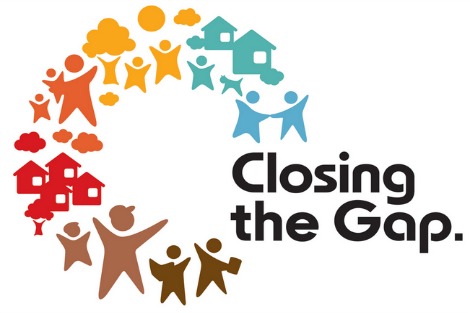
AUSTRALIA
- Michael Mullins
- 17 February 2014
14 Comments
The Prime Minister's Closing the Gap speech to Federal Parliament last Wednesday was a finely crafted piece of work that failed to hit the spot. It seems that 'Closing the Gap' is the Government's Indigenous policy. Yet it can be seen as a justification for getting out the big stick to achieve short term gains that will look good on the Government's own political report card.
READ MORE 